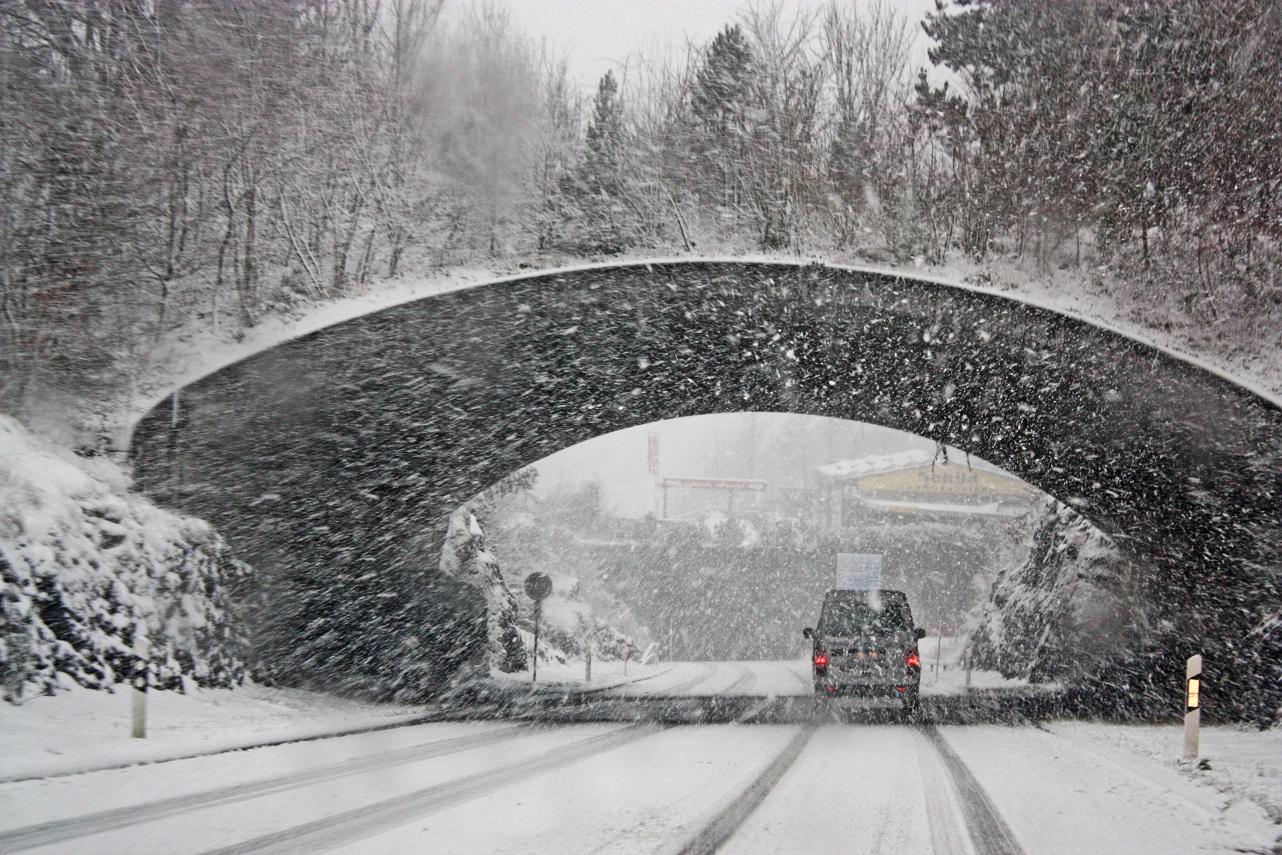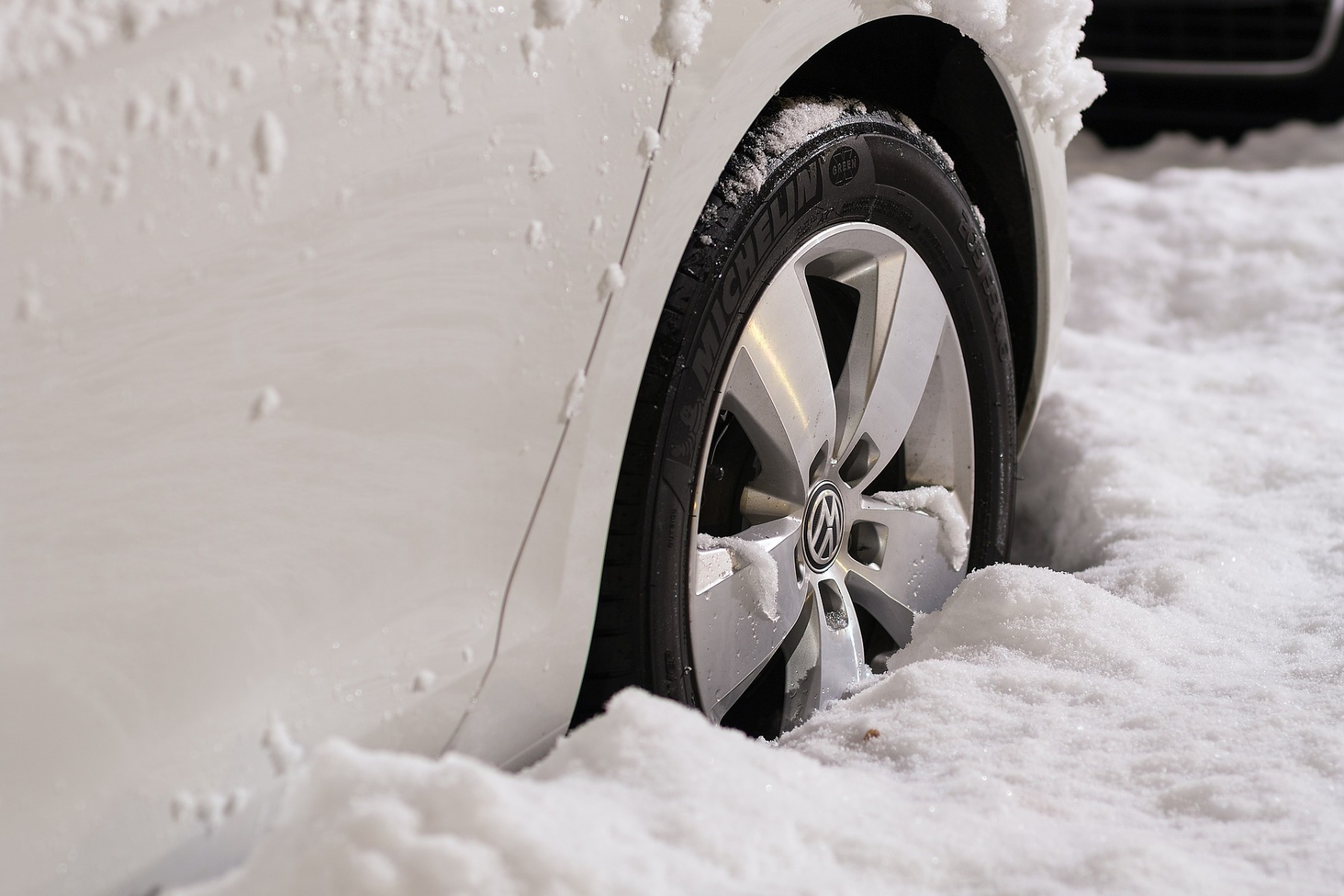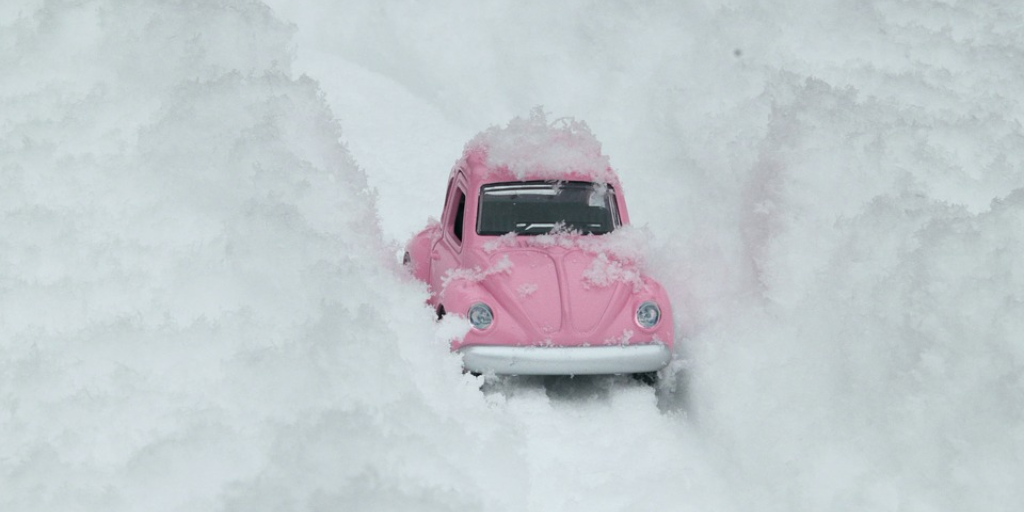Bettersafe Winter Driving & Car Maintenance Tips

With Winter fast approaching and public transport seemingly out the window as a result of lockdown 2.0, our cars are going to become that much more vital forgetting about this winter.
As winter tends to present quite a few problems when it comes to our cars, it is important that you consider how your vehicle is maintained to keep you safe on the road.
Our cars often behave differently and are often less efficient in the winter. So, it is worth keeping the following in mind to keep yourself safe, and your car running at its peak.
Check Your Tyres
The AA recommends that you have at least 3mm of tread on your tyres for the winter to ensure there is enough grip. Alternatively, if you live in a snowier area of the world, you may want to consider getting snow tyres.
You should also make sure your tires are fully pumped up. It is a common urban legend to let some of the air out of your tyres to get more grip. Do not do this! If you were in 10 feet of snow or in the arctic there may be a case for it, but once a road is ploughed it makes it incredibly dangerous to let the air out of your tyres.
Antifreeze
Antifreeze is often an afterthought and only costs a few pounds. However, a frozen and cracked engine can end up costing in excess of a few hundred pounds to repair. A 50/50 mix of antifreeze and water will protect your engine down to -34C and prevent your engine from being damaged by the cold.
Screenwash
Getting the right screenwash is very important for the winter months. Like with your engine you need to make sure that it is not going to freeze and damage your car.
Windscreen Wipers
Especially now that the weather is getting wetter this is key to remaining safe. Two top tips for your wipers is making sure that when they begin to wear that you replace them, and make sure you do not leave them on when you switch your car off.
This last point is particularly important as if your windscreen is frozen from the night before when you turn your car on this can cause unnecessary damage to the wiper blades and the electrics.

Check Your Battery’s Health
Most car batteries last around five years, however, cold temperatures can hugely reduce a batteries power and lifespan. You can buy a battery tester or take your car to a specialist for a battery check. Batteries cost around £60 fitted. If your car does not start straight away, wait 30 seconds before the next attempt. Turn off lights, heated rear windows and wipers to reduce the load on the battery when starting up. Use the starter in short five-second bursts.
Car Parking
This is something to largely consider if you live in an area that gets heavy snowfall. Keeping your car from getting stuck under snow will mean you will not have to faff around in the morning. If you cannot park in a garage overnight, try to use a building or hedge as a screen against the snow. Consider buying an ice and snow windscreen cover.
Allowing Extra Time For Car Journeys
Because of the cold weather conditions, your normal route to your destination may not be accessible so be sure to use major roads which are more likely to be cleared and gritted. Before setting off make sure the windscreen, all windows, lights, and the registration plate are clear of snow and ice.

Tips For Driving In Snow & Ice
It is important to remember that stopping distances are 10 times longer in icy conditions, so be sure to alter how you drive accordingly.
Pull away in second gear slowly to avoid any wheel spin. Use your brakes gently to avoid skidding.
If you get stuck, straighten the steering, and clear the snow from the wheels. Put a sack or an old rug in front of the driving wheels to give the tyres grip.
Winter Emergency Kit
Whilst some may think this is dramatic in the UK, winter is by far the most likely time you are to break down or get stuck due to bad weather. For this reason, having an emergency winter kit as suggested by the AA and Halfords in your car is incredibly important.
- An Ice scraper or de-icer. There is nothing more frustrating than getting up early in the morning to drive somewhere and your windshield being iced over.
- A blanket or warm clothing. If you get stuck in a traffic jam somewhere because of an accident, you will be grateful for the extra layer.
- A portable charger for your phone. If you break down, the ability to keep your phone charged so you can call roadside assistance is absolutely vital.
- A snow shovel. Especially for those of us who live in the countryside. If you get stuck in heavy snow that has not been cleared by a snowplough this will help you get away quickly.
- Jump leads. Car batteries often do not hold their charge as well especially when it gets very cold. Having jump leads means that any passer-by can help you if you cannot get your car started.
- A torch. As it gets dark much early in winter, making sure you have a torch means you will be able to see outside and around your car if you get stuck on the side of the road.
- A tow rope. This will help you get out of some tricky situations if you break down on the roadside.
Avoid Driving In Extreme Conditions
If you are in any doubt about the safety of your car or the road conditions, stay at home. No journey is worth risking your safety over.
Do you have any other winter driving and maintenance tips? Share it with Bettersafe by email or on our social media.




